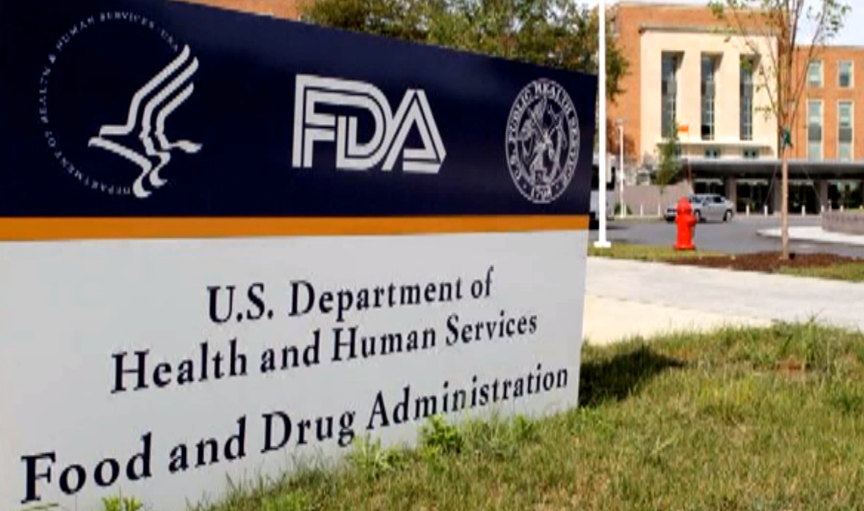- The FDA faces a lawsuit from ProPublica for withholding records about generic drug safety, including data on drugs from unsafe foreign factories.
- Over 150 generic drugs may have been exempted from bans despite safety violations, raising concerns about systemic FDA failures.
- A 2023 outbreak linked to tainted Indian eye drops killed four people and caused severe injuries, highlighting risks of opaque manufacturing standards.
- Contract research organizations (CROs) and Indian drug manufacturers have been implicated in falsifying clinical trial data, undermining drug approvals.
- Critics urge FDA reform or dismantling, citing conflicts of interest and a lack of transparency since its founding.
The U.S. Food and Drug Administration (FDA) faces mounting scrutiny after ProPublica sued the agency in 2024 for refusing to disclose safety records of generic drugs produced in overseas factories plagued by violations. The lawsuit, ongoing in New York’s federal court, reveals a systemic failure in transparency, leaving millions of American consumers in the dark about potential risks. As generic drugs make up 90% of prescriptions, ProPublica’s investigation uncovers a pattern of FDA leniency toward manufacturers — even after unsafe factories tied to life-threatening outbreaks were flagged.
The FDA’s opaque approval process threatens public trust
ProPublica’s records request aimed to identify generic drugs linked to unsafe manufacturing facilities, particularly in India. The FDA denied expedited access, claiming ProPublica had not proven a “compelling need,” despite evidence of hazardous conditions. As of 2025, inspection reports still redact drug names, leaving doctors, pharmacists and policy makers without critical information.
The agency’s stance contrasts starkly with its 2023 recall of Philips Respironics breathing machines after lawsuits forced transparency. Yet for generic drugs, gaps persist. ProPublica alleges the FDA approved over 150 medications from non-compliant factories via “little-known exemptions,” despite evidence of contaminated batches or falsified testing.
Dr. Jack Browning, ProPublica’s legal counsel, emphasized, “Safety violations must not be swept under the rug as offshore manufacturing expands.” The critique echoes concerns raised by whistleblowers, including a 2005 FDA advisory board’s compromised review of Vioxx-class drugs, where panel members had ties to pharmaceutical firms.
A legacy of fraud and cover-ups
Systemic issues are not new. In 2005, the FDA allowed painkillers like Celebrex and Vioxx to stay on the market despite evidence of cardiovascular risks. A decade later, third-party contract research organizations (CROs)—responsible for verifying bioequivalence of generics—began revealing shocking fraud.
In 2013, Cetero Research, a Houston-based CRO, fabricated clinical trial data, prompting the EU to ban 100+ drugs based on its findings. The FDA, however, avoided recalling questionable generics, instead assigning “BX” ratings, which deem products non-interchangeable but still legal to sell. Critics likened the approach to “Alice in Wonderland”—a bureaucratic evasion leaving pharmacists to sort out risks.
Recent scandals have intensified scrutiny. In 2023, a toxic antiseptic mixture in Indian-manufactured eye drops killed four individuals and blinded others. The FDA’s delayed response highlighted reactive over proactive oversight.
CROs and foreign factories: Where the risks converge
The FDA relies heavily on CROs and overseas manufacturers, 80% of which are based in India. Yet these partners have been repeatedly cited for data manipulation. In 2024, the FDA flagged Synapse Labs Pvt. Ltd. for falsified bioequivalence studies, potentially tainting hundreds of generic drugs, including Viagra and Cialis. Despite this, the FDA—citing confidentiality—refused to name affected medications, mirroring its 2021 handling of data fraud from Synchron and Panexcell, also Indian firms.
Natural News founder Mike Adams has long argued the FDA’s mission is compromised, citing its “Do it right the first time” slogan as hypocritical. “The FDA must reform—or collapse,” he asserts, pointing to the agency’s revolving door with pharmaceutical executives.
A crossroads for healthcare transparency
ProPublica’s lawsuit and historical evidence underscore a broken system where the FDA prioritizes industry confidentiality over public safety. As Americans rely on generics for life-saving treatments, the lack of transparency risks repeating past tragedies.
Experts call for urgent reforms: mandating public data sharing, independent audits and stricter penalties for fraud. “Without transparency, patients cannot make informed choices—or trust their medicine is safe,” Browning warned.
The FDA’s response to this crisis will determine whether it evolves into a protector of public health or remains mired in secrecy, valuing corporate interests over lives.
Sources for this article include:
